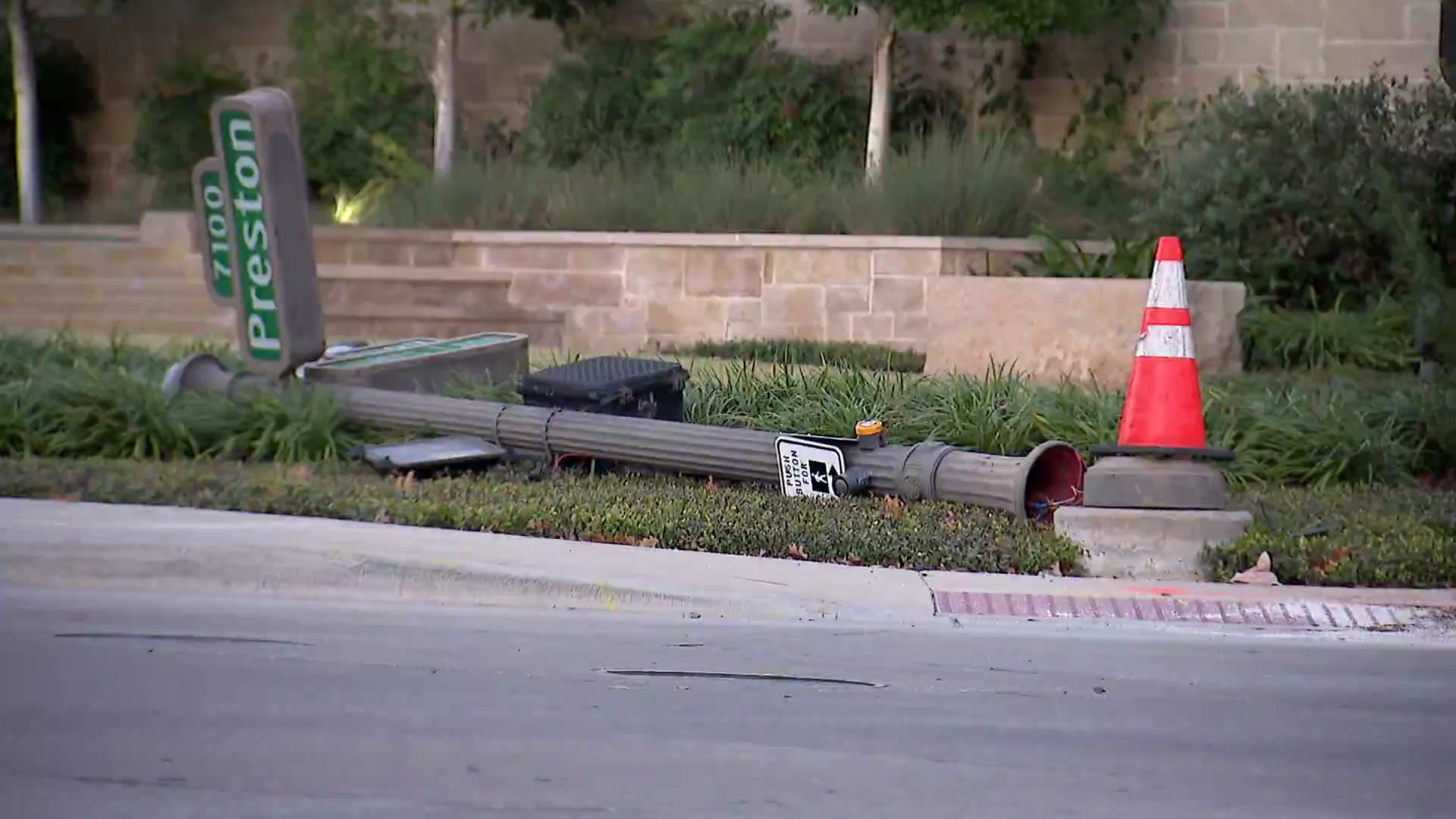University Baptist Church has formally withdrawn from the Baptist General Convention of Texas after the Waco church's leadership voted to allow same-sex marriage.
The Waco Tribune-Herald reports while the withdrawal was voluntary, the last Waco church to leave the convention was expelled after it changed its policies to formally welcome LGBTQ members. University Baptist's vote was twofold.
Leaders took one vote to allow its pastors to decide individually whether they would perform the marriages and a second vote to open the church building to same-sex ceremonies. The church announced its decision May 21 on its blog.
"Though it is not our polity at UBC to take congregational votes, In January we said that it was our aim to come to our best collective theological conclusions on these decisions, and so it is important to share that our votes were consistent with both congregational and pastoral feedback," the announcement states. "We know that for some this announcement comes with great joy and we sit with and among you today."
Church leaders deliberated for four months before putting the issue to a vote, said Rebekah Kimminau, who attends University Baptist with her fiancee, Anna McFarland.
"They wanted every member of the congregation to feel heard, so it didn't feel that sudden," Kimminau said. "January was when the process started, and they announced their decision in May, so it never felt rushed or like everything was happening at once."
She said staff communicated with LGBTQ members ahead of time, and while University Baptist Church is home to fair number of LGBTQ worshippers, the majority of people in support of the decision are straight allies.
Local
The latest news from around North Texas.
"As far as keeping us in the loop, they did an amazing job making sure we felt safe and informed, trying to make sure if there was going to be an uncomfortable decision, we knew about it beforehand," Kimminau said.
University Baptist, the second Waco church to split from the Baptist General Convention of Texas over the issue of same-sex marriage, was affiliated with the convention since 1995. Longtime congregant and former community pastor Craig Nash said while he supported the decision, it was destined to be a difficult one.
"It's a big decision churches have to make," Nash said. "In our setting, there's going to be pain and grief one way or another."
The Baptist General Convention of Texas received and accepted a letter of voluntary withdrawal from University Baptist late last month, convention spokesman Joshua Minatrea said.
About 70 churches in Waco are affiliated with the convention, giving them access to scholarships for members, as well as other resources.
"Affiliation offers congregations the opportunity to participate in cooperative missions in Texas and beyond, as well as access to a host of church administration and ministry resources," Minatrea said. "Members of affiliated congregations have the opportunity to receive financial assistance to attend a variety of ministry-related academic programs endorsed by the convention."
For a congregation with close and enduring ties to students at Baylor University in Waco, the world's largest Baptist university, the decision to become unaffiliated is no small one. About 200 congregation members attend Baylor, and church leadership estimates more than 20 receive scholarships through the convention as undergraduates or as students at Baylor's George W. Truett Theological Seminary. Minatrea said students who join an affiliated church can retain their scholarships, but those who do not will lose them.
Baylor spokeswoman Lori Fogleman said it is "anticipated that full-time faculty members at Truett Seminary will worship at a BGCT-affiliated church," though there is no written requirement that they do.
When the convention cut ties with Lake Shore Baptist Church in Waco and two other churches in 2016, the Cooperative Baptist Fellowship of Texas created a temporary fund to fill in the gaps and cover students who lost convention scholarship money.
"They'd entered school, thought they'd had all their bases covered, and then lost that," said Rick McClatchy, field coordinator for the Cooperative Baptist Fellowship. "I don't know if we can continue to do that in the future."
There is no opposition to extending the program in theory, but members would have to agree to set aside more money, McClatchy said.
"We were doing it for students caught in the bind, not a permanent program," he said. "We'll have to sort of look at that as we get more students in this situation. If churches want to work together to try to fund it, that will be the key thing."



